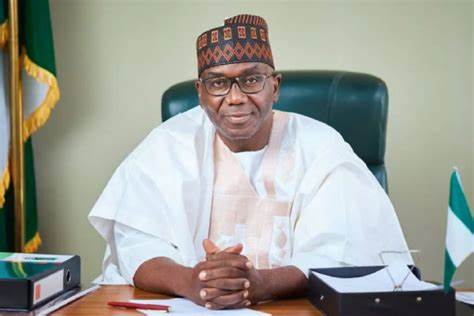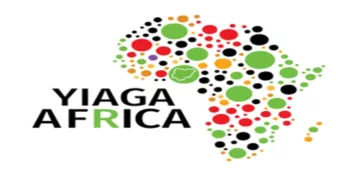Kwara State governor, AbdulRahman AbdulRazaq, on Monday, emphasised on the need to adopt collective approach to turning the health sector around.
This is just as the governor restated his administration’s commitment to strengthening health systems through investments in health promotion, preventive care and community engagement.
Governor AbdulRazaq stressed that his administration has greatly invested in the renovation and equipping of many primary and secondary healthcare facilities in the state, pledging to do more.
AbdulRazaq who is also the Chairman of the Nigeria Governors’ Forum stated this in Ilorin at the opening ceremony of the 27th Annual National Conference of Nigerian Association of Health Educators (NAHE).
The conference has as its theme: “Dimensions and Adaptation to Health and Illness Behaviours; Repositioning Health Education in Nigeria Healthcare System”.
The governor maintained that the administration is working round the clock to ensure that the health workers were well-trained, that the schools incorporate health education into their curriculum, and that the citizens are equipped to make healthier decisions.
He added, “Our government has huge investments in health care services in the state. We have renovated and equipped our primary healthcare centres and maternities across the state.
“The secondary health care facilities are not left out. This is in addition to frequent recruitment of health care personnel across all cadres into our workforce. Salaries and wages including promotion of health care workers are regular and prompt”.
Represented by his deputy, Elder Kayode Alabi, the governor in this regards, solicited for valued partnerships with NAHE and other professional bodies to further improve the health sector in the state.
He commended the organisers of the conference and praised the health care workers for their brilliant performance at duties, especially during and after COVID-19 outbreak.
Earlier, the president of NAHE, Prof. Shehu Adaramaja, said the conference sought to understand the multi-dimensional aspects of health and illness behaviours, adapt health education approaches to meet contemporary challenges, and strengthen the integration of health education into Nigeria’s healthcare system for better outcomes.
Adaramaja said despite the progress in the Nigerian healthcare system, the sector was still facing low health literacy and inadequate prioritisation of preventive health education, among other challenges.











